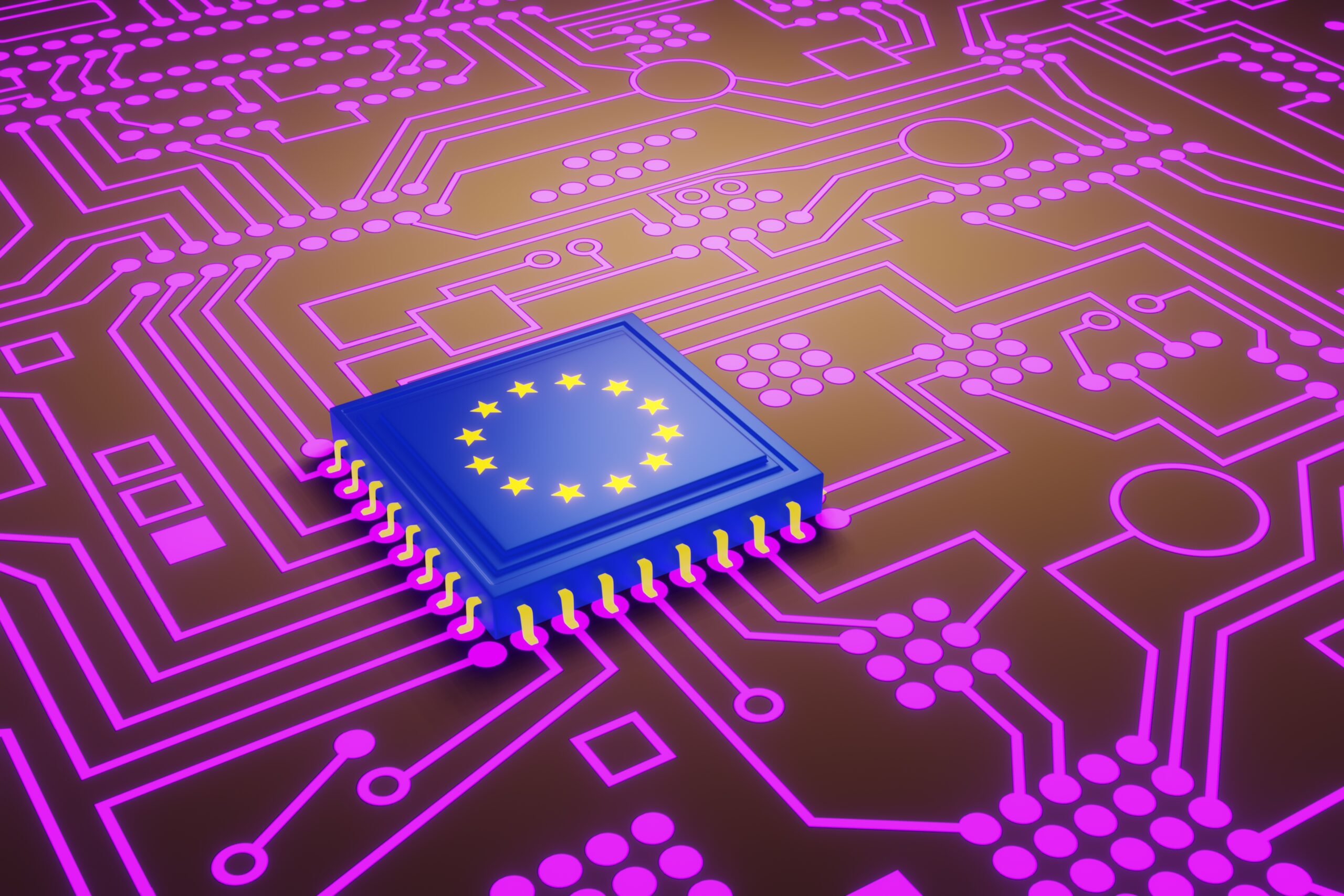
The European Semiconductor Industry Association (ESIA) has urged the European Commission to expand its semiconductor strategy to include “foundational and legacy” chips, citing the region’s established expertise in these technologies. Speaking on Friday, ESIA head Rene Schroeder highlighted the importance of a comprehensive approach to bolster Europe’s chip sector amid evolving global challenges.
The European Chips Act, introduced in April 2023, allocated €43 billion ($46.96 billion) in subsidies to increase Europe’s share of the global semiconductor market to 20% by 2030. However, the Commission is now deliberating a follow-up policy. While Henna Virkkunen, the incoming tech policy chief, emphasized forward-looking technologies like quantum computing during recent European Parliament hearings, Schroeder called for equal attention to legacy semiconductors, which remain critical to Europe’s industrial and automotive sectors.
A Call for “Chips Act 2.0”
“We’re calling for the Commission to come with a Chips Act 2.0 … encompassing both legacy and foundational semiconductors,” Schroeder stated in an interview with Reuters. He argued that addressing legacy chip production is vital to support Europe’s broader semiconductor ecosystem.
European manufacturers such as Infineon, NXP, and STMicroelectronics, all ESIA members, maintain strong positions in established chip technologies, including microcontrollers, power semiconductors, and sensors. These components are essential for Europe’s automotive and industrial companies, underscoring the importance of a well-rounded semiconductor policy.
Collaborations Over Protectionism
Schroeder also stressed the need for a collaborative approach to semiconductor development. “We favour a mix of incentives and partnerships with countries such as the United States, Japan, and South Korea rather than a defensive approach that relies on restrictive and protective measures,” he explained. This perspective aligns with the Commission’s broader goals of enhancing security, competitiveness, and growth in the chip industry.
Adapting to Global Pressures
The push for a revised Chips Act comes amid heightened geopolitical tensions and supply chain vulnerabilities exposed during the COVID-19 pandemic. Additionally, the U.S.-China technological rivalry has underscored the strategic significance of semiconductors. To address these issues, the previous Commission conducted a survey in July to evaluate the role of legacy chips in supply chains and assess competition from China’s expanding manufacturing capacity.
Schroeder emphasized that aligning research investments with business needs is critical for scaling production and meeting industry demands. He expressed optimism about collaborating with the new Commission on a roadmap for Europe’s semiconductor future.
As discussions for a “Chips Act 2.0” progress, the European Commission is expected to leverage a range of policy tools to strengthen the region’s semiconductor sector. The integration of legacy and foundational technologies could solidify Europe’s role in the global chip market while addressing strategic vulnerabilities and fostering innovation.
Featured image courtesy of Digital Watch Observatory
Follow us for more updates on EU Chips.
